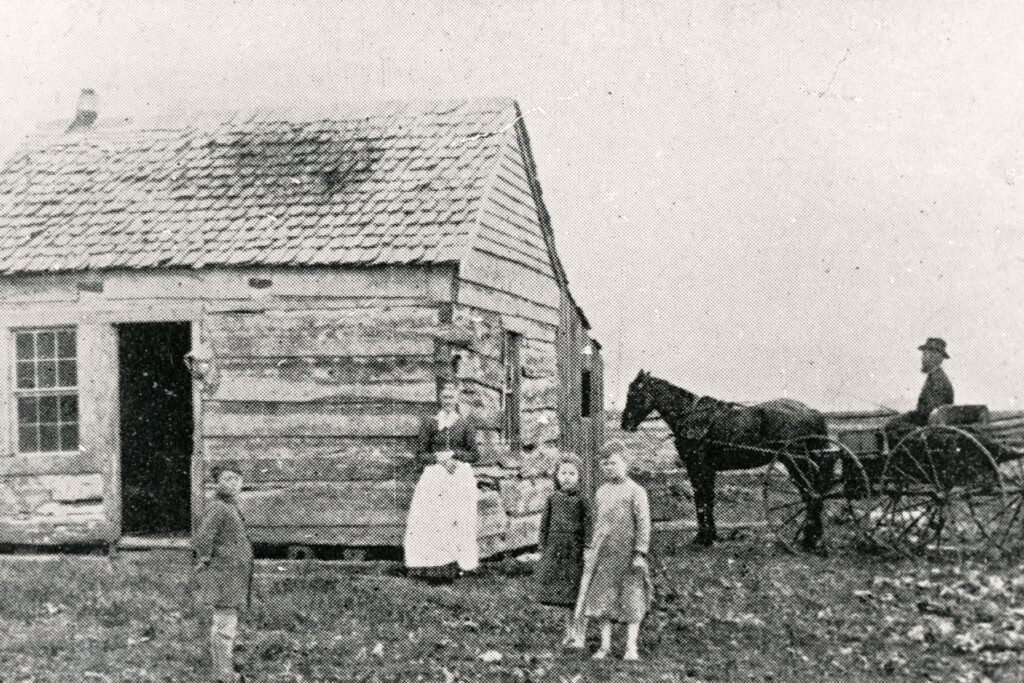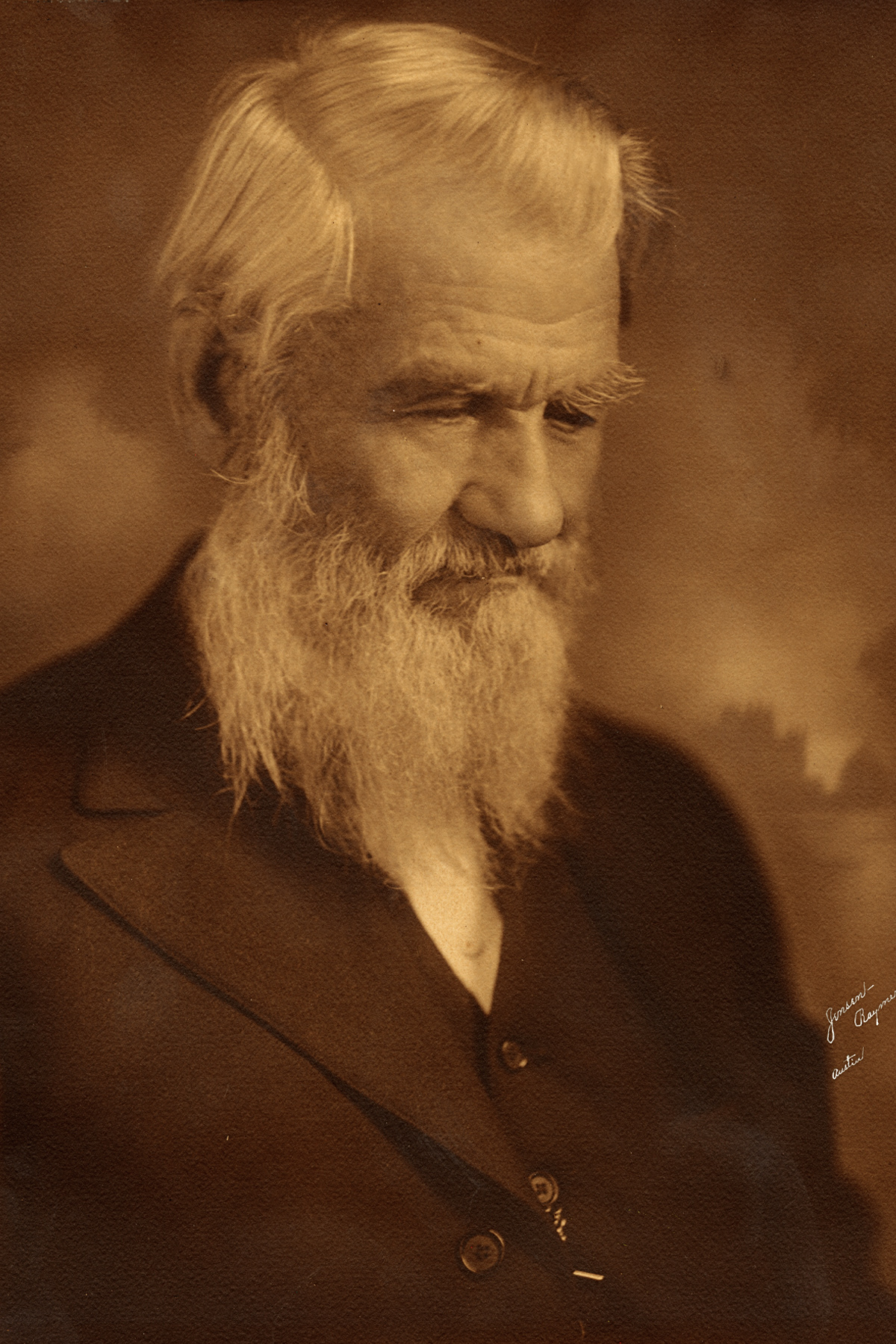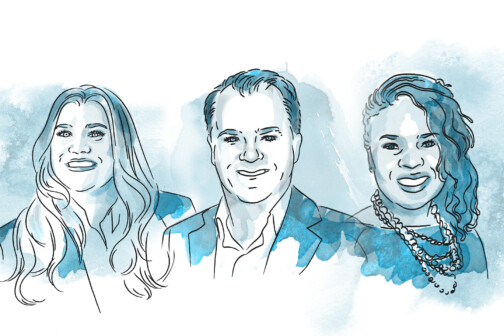Born in 1833 to a Baptist preacher in Tennessee, Robert Cooke Buckner moved to Texas in 1859 and would go on to lay the foundation for Dallas’ culture of charity. He followed his father’s footsteps, and by age 19, he was an ordained Baptist minister. Seven years later, in 1859, a westbound wagon brought him, his wife, and two daughters to the then 15-year-old Texas. He began his service as pastor in the Baptist church in Paris, Texas, at an annual salary of $800.
While in Paris, he founded a religious newspaper called The Religious Messenger, which described itself as a voice for “evangelical religion, for the old-time Baptist faith, and missionary activity.” It would be renamed and moved to Dallas and grow to a distribution of 4,000 in the region.
Census data says that Buckner owned a sixteen-year-old female slave in 1860 while he was the pastor of First Baptist Church in Paris, Texas. Buckner went on to start the first Black high school in North Texas and the first orphanage in Texas for Black children. He founded the first Black Baptist association in the state. On his 86th birthday in 1919, the Dallas Express, the oldest and largest Black-owned newspaper in the South, wrote that African Americans from across the southwest went to Buckner Orphans Home “to do honor to Father R.C. Buckner.”
During the Civil War and Reconstruction, he witnessed the plight of many orphaned children. “Man’s true glory consists in ministrations of goodness and benevolence to others,” Buckner wrote in an 1876 Texas Baptist article. With this in mind, he organized a meeting among Baptist Deacons on constructing an orphan’s home in North Texas, with $27 raised for the first contribution toward the orphan’s home. He left the church and organized Baptist deacons to build the Buckner Orphan’s Home in 1879, renting a three-room cottage on two acres of land that is now the northeast corner of Junius and Haskell streets in Dallas. Three children lived in the home.
R.C. became known as “Father Buckner” to hundreds of orphaned children as the children’s home grew. His contemporaries were led to say, “Buckner could do the work of six men.” He ran the orphanage until his death in 1919.
In addition to managing every operation within the Home, including its chapel and school, Buckner launched a newspaper called Good Samaritan, where he asserted himself as an advocate for others regarding many social concerns, including prison reform, race relations, elder care, and more. In 1897, for his 64th birthday, Buckner purchased the original Junius and Haskell property to open the world’s first children’s hospital. Not long after, in 1903, Buckner founded a Baptist-supported hospital, “Texas Baptist Sanitarium,” that eventually merged with Baylor University College of Medicine to become one institution. Today, it is Baylor University Medical Center.
His legacy continues today with Buckner Boulevard in East Dallas and the namesake nonprofit Buckner International, which cares for vulnerable children and older adults through foster care, adoption services, charity giving, and senior living communities. The 2022 annual report says the organization impacted 103,632 people via its services around the world.
Texas’ “father” of philanthropy has impacted countless lives and created a culture of charity that Dallas still upholds today. R.C. Buckner’s empathy-fueled efforts built a foundation for compassionate and action-inspired leaders in Texas to carry on.
Author









